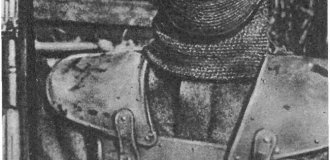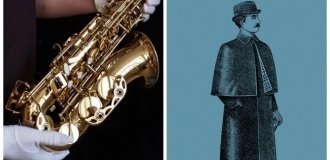25 turning points in history that changed the world (26 photos)
Some events last for a moment, others stretch out over many years. However, there are historical milestones that we cannot help but remember, because they forever changed our lives, work, thinking and even the perception of others. 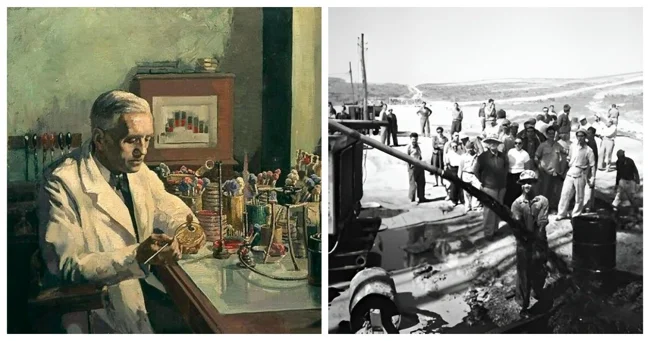
1. Alexander Fleming's Accidental Discovery of Penicillin in 1928 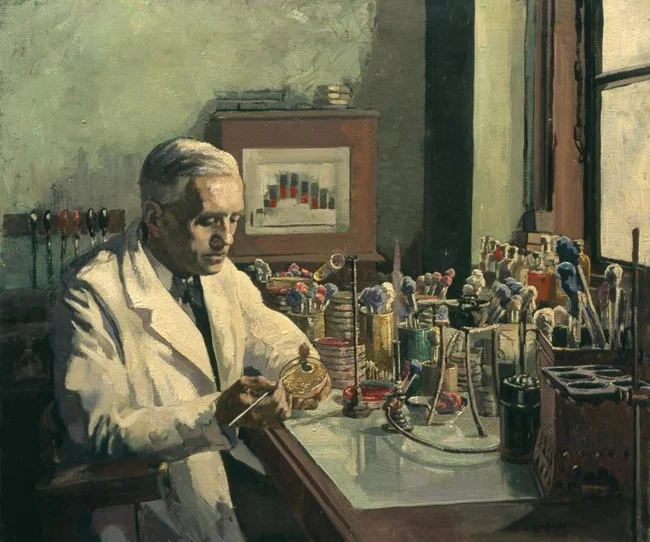
He noticed that mold could kill bacteria in a Petri dish, which later led to the creation of antibiotics. These drugs revolutionized medicine and continue to save lives to this day.
2. The Invention of the Printing Press 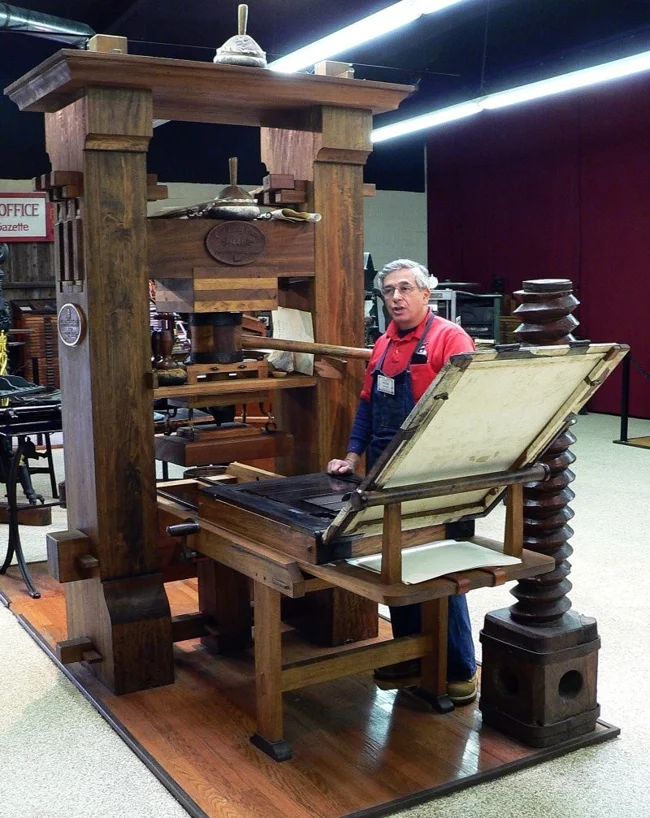
The printing press allowed ideas to spread exponentially and made books accessible to the masses. The Enlightenment, and by extension the modern world, would never have happened without this device.
3. Creating Vaccines 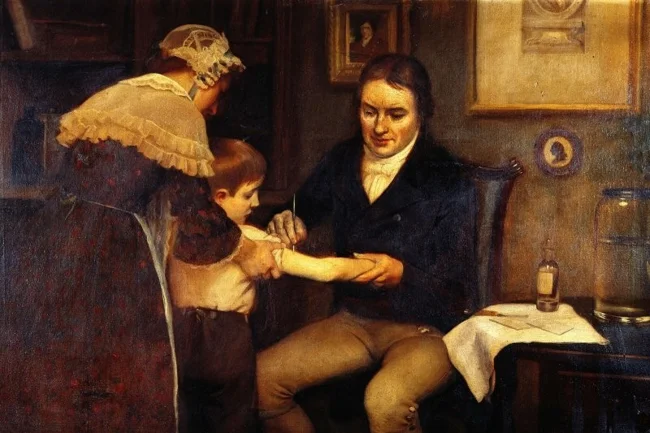
Vaccinations have revolutionized healthcare, preventing the spread of dangerous diseases and saving millions of lives around the world. Vaccinations have dramatically reduced the impact of pandemics, leading to increased life expectancy.
4. The Flying University 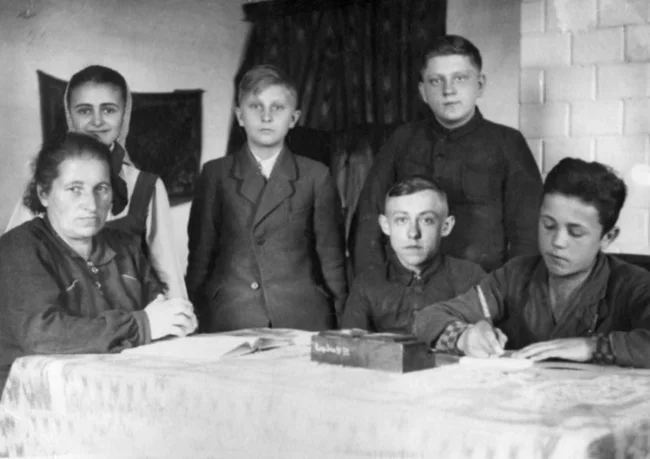
In Poland in the late 19th century, women's opportunities to obtain higher education were limited. Underground courses called "Flying Universities" began to appear. One of the graduates of such educational institutions was Marie Curie.
5. The Man Who Prevented a Nuclear War in 1983 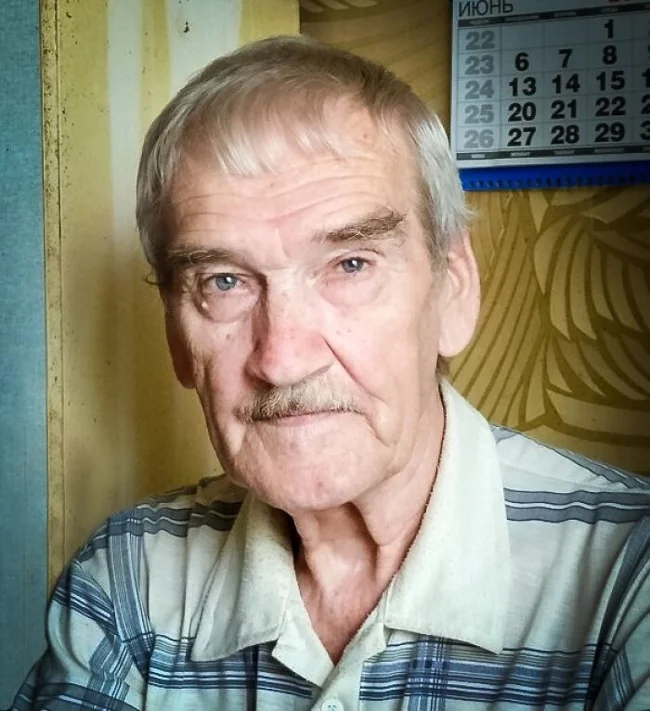
On the evening of September 26, 1983, Stanislav Petrov, a lieutenant colonel in the Soviet air defense forces, took up duty at the command post of the Serpukhov-15 missile attack warning system. At 0:15, the system reported the launch of intercontinental ballistic missiles from an American base. According to the regulations, Petrov was to immediately report the signal to his superiors, and the report would be followed by an order for a retaliatory launch. Petrov knew that in the event of a real attack by the United States, missiles would be launched from several bases. Believing it was a false alarm, the officer did nothing. Fortunately for everyone, he was right and saved the world from a nuclear catastrophe.
6. Cyrus the Great's Decision to Allow the Jews to Return to Judea and Build a Second Temple for Them 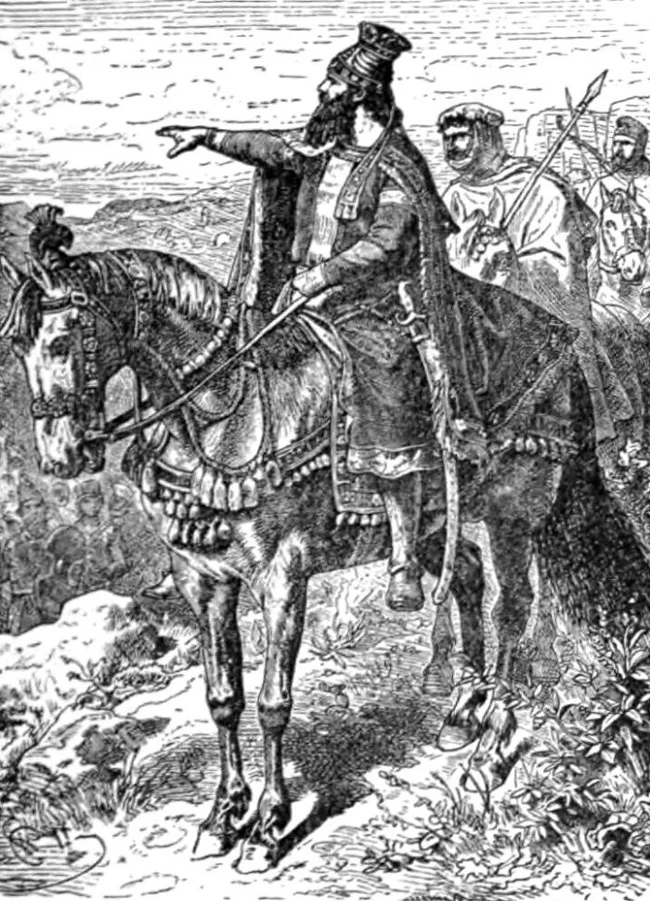
Without this event, Judaism would likely cease to exist as we know it. Without Judaism, there would be no Christianity or Islam. Other religions would likely have emerged. But with Christianity and Islam accounting for over 4.3 billion followers worldwide, it's hard to overstate how significant this decision was.
7. Peace of Westphalia 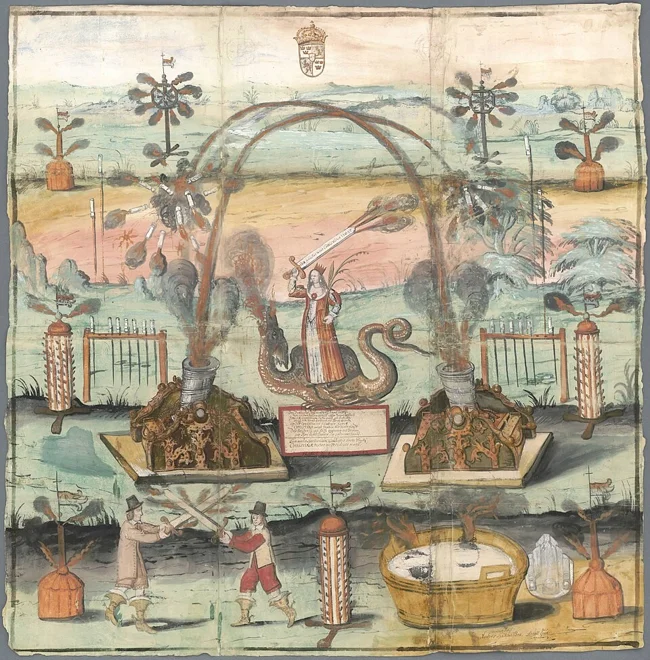
Two peace agreements - Münster and Osnabrück, signed on May 15 and October 24, 1648, put an end to centuries of religious strife in Europe. The Peace of Westphalia marked the beginning of a new order based on the concept of state sovereignty.
8. Electricity 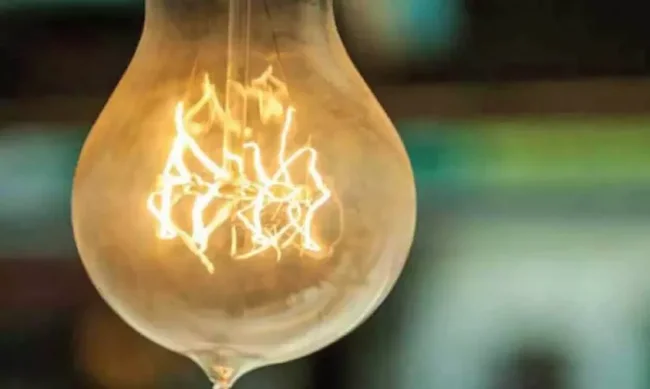
We would still be lighting our homes with candles or oil lamps, not to mention televisions, cars and other amenities. And there would be no talk of conquering space.
9. The heroic act of Vasily Arkhipov, who saved the world from disaster 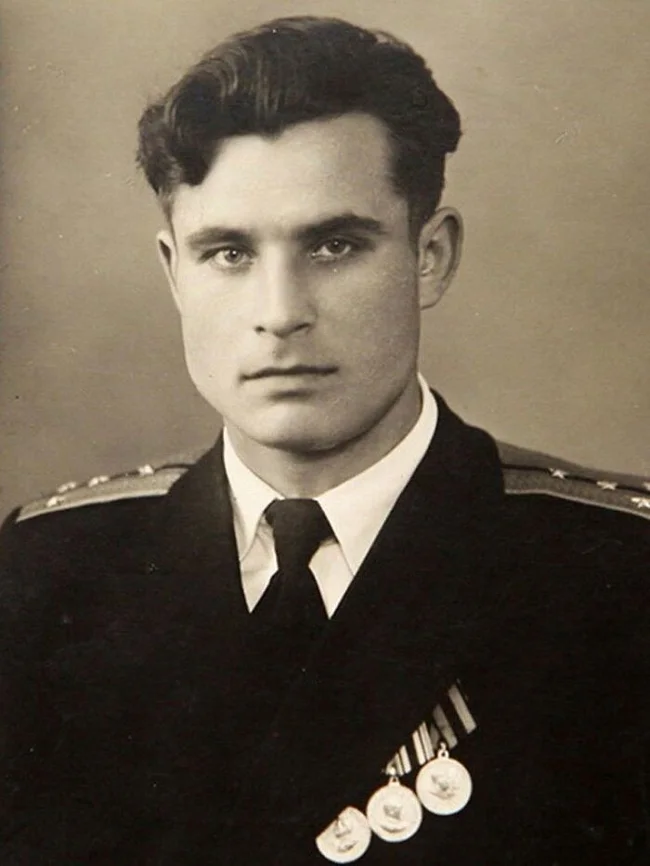
On October 27, 1962, Captain 2nd Rank Vasily Arkhipov saved humanity. During a clash with the American military, he decided to make contact with the enemy and canceled the launch of a Soviet nuclear torpedo from the submarine "B-59".
10. The Supreme Court gave the presidential election to George W. Bush 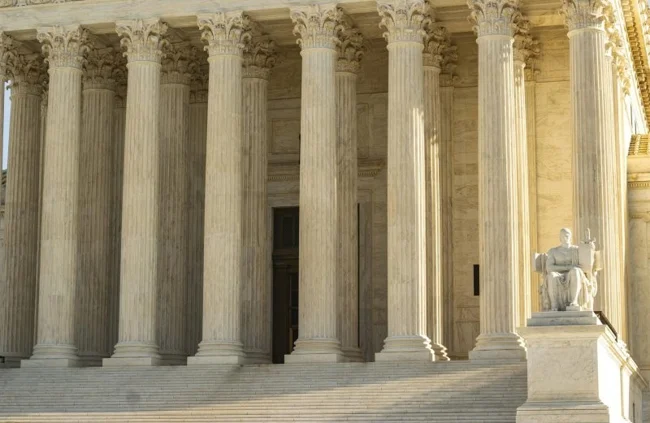
In 2000, the US Supreme Court not only determined the outcome of the election, but also intervened in the course of history.
11. The Volcanic Winter of 536 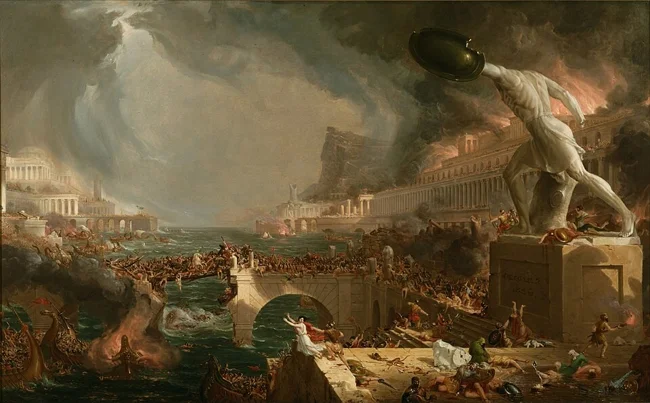
The volcanic winter of 536 was the sharpest drop in average annual temperatures in the Northern Hemisphere in 2,000 years. It was probably caused by several volcanic eruptions. The ejected sulfur dioxide turned into sulfate aerosols, blocking sunlight and cooling the atmosphere for several years. In March 536, Constantinople experienced a darkening of the sky and a sharp cold snap.
12. The Battle of Poitiers 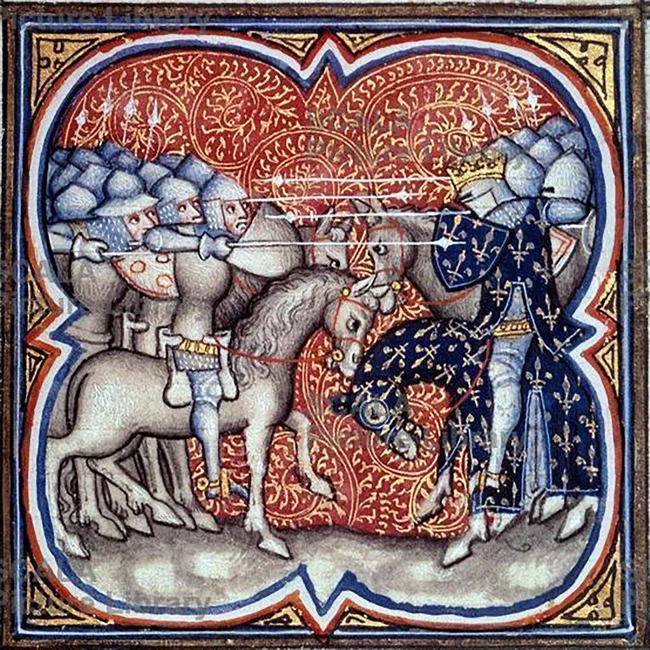
If Charles Martel had been defeated, Christianity would have been destroyed by the Umayyad Caliphate. There would have been no papal states, no Charlemagne, no Holy Roman Empire, no Germany, no Third Reich. History as we know it would have been very different.
13. The Internet 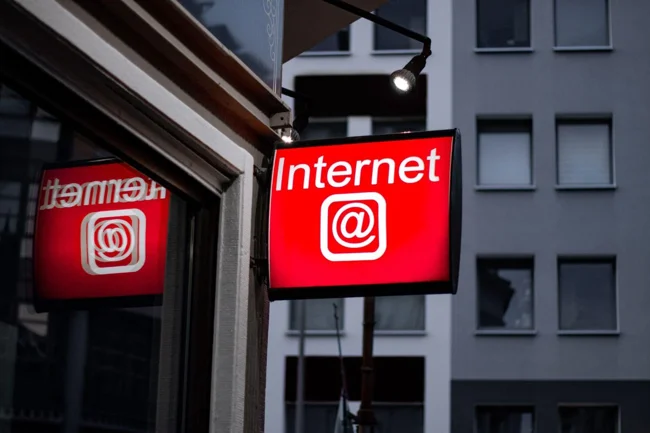
Today, it is difficult to imagine everyday life without the Internet. Moreover, it has also become a powerful political weapon, which is used for both good and evil.
14. The Discovery of Oil in the Middle East in the 1930s-1960s 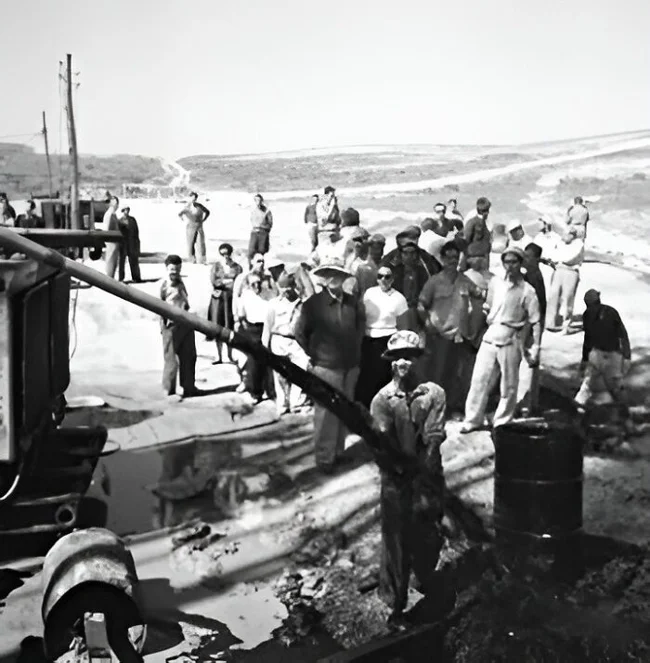
Daniel Yergin's book "The Prize" is the best study on this topic. This book reveals not only the causes of direct conflicts in the Middle East, it also touches on such events as the beginning of the Cold War, US Latin American policy, the situation of Israel and many others.
15. The Death of Princess Charlotte of Wales in 1818 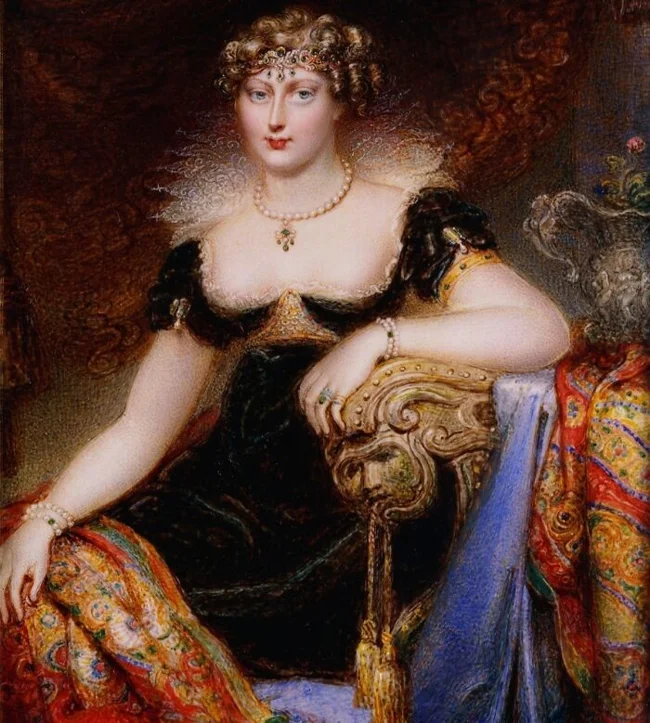
Charlotte was the only child of George IV, the last hope of the Hanoverian dynasty. After her death in 1818, George IV's brothers decided to abandon their mistresses and illegitimate children, married princesses, and had legitimate heirs. The result was Queen Victoria, known as the Grandmother of Europe.
16. Nixon's visit to China in 1972 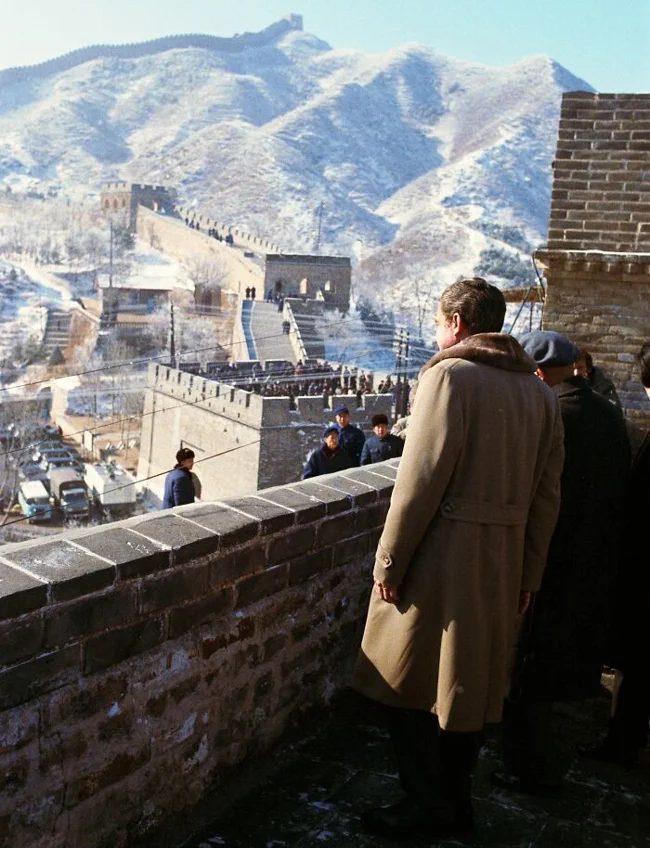
It was from this event that the formation of the American-Chinese unofficial alliance began, which aimed to confront the USSR.
17. E-mail 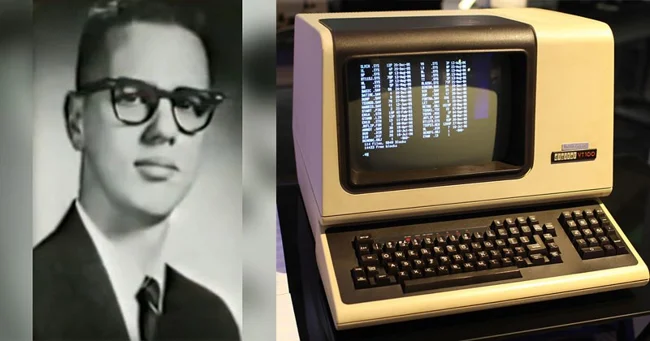
In 1971, Ray Tomlinson composed and sent the first electronic message to the addressee via ARPANET (the Advanced Research Projects Agency network).
18. The Failure of the Darien Colonization 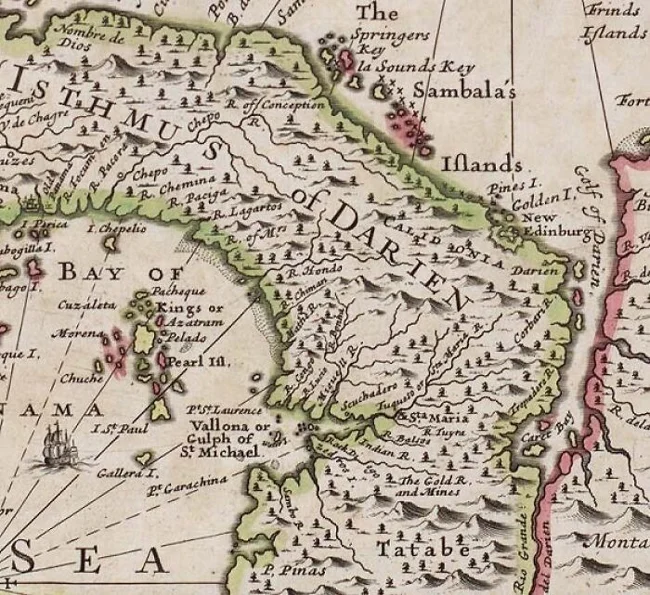
Scotland's failed attempt to establish its own colony in the Gulf of Darien was one of the reasons for its financial collapse, which contributed to the Anglo-Scottish Union. Without it, the history of Scotland and Great Britain would have been very different.
19. The Invention of the Paper Clip 
This seemingly insignificant item revolutionized the way papers were organized in offices around the world. Previously, people would punch holes in papers by hand and tie them together with thread.
20. The Gift of Constantine 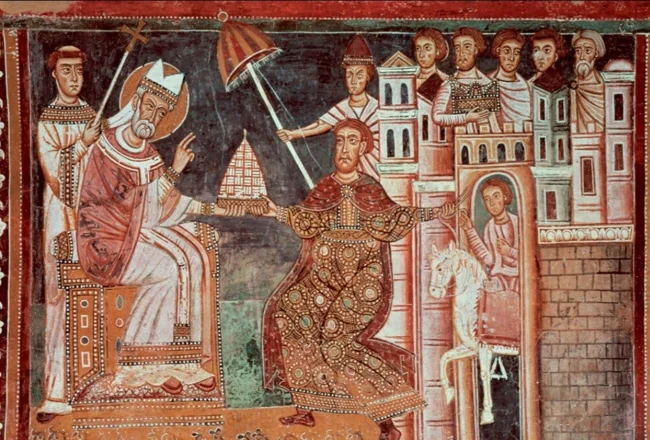
The forged deed of gift from Constantine the Great to Pope Sylvester gave early Catholics lands and power. No one knows who wrote it, but it was because of him that the Catholics became so powerful.
21. The Battle of Panipat in 1761 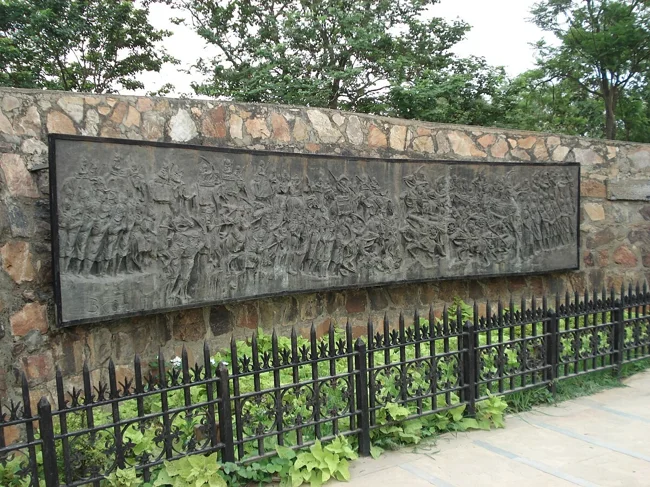
The outcome of the battle left the Afghans completely disoriented, the Mughals as puppets, and the Marathas greatly weakened. This confusion was a real gift for the British, who were able to take advantage of the situation and pave their way to the heights of power in India.
22. Tetraethyl Lead 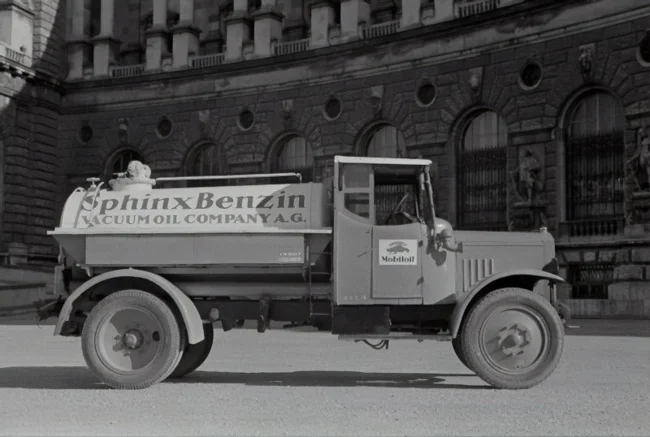
Thomas Midgley discovered a chemical that caused enormous harm to the environment. Tetraethyl lead solved the problem of "knocking" in car engines, but caused serious health problems for General Motors workers. Midgley's "brainchild" set biofuel technology back several decades.
23. Mansa Musa's Pilgrimage to Mecca 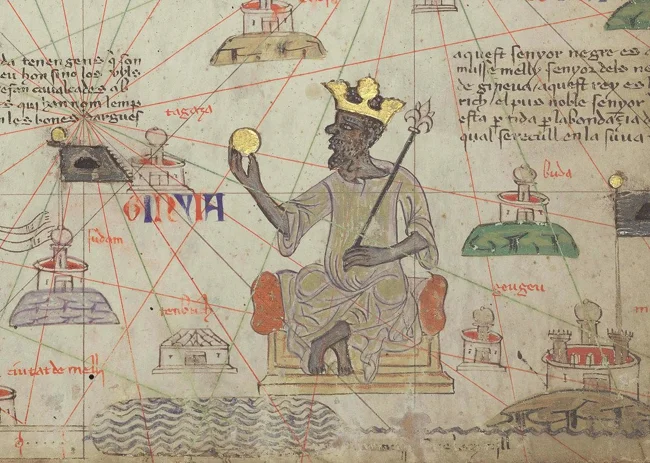
He spent so much money (in gold) that he changed the economy of North Africa and the Mediterranean for decades.
24. Radar Warning Ignored Before Pearl Harbor Attack 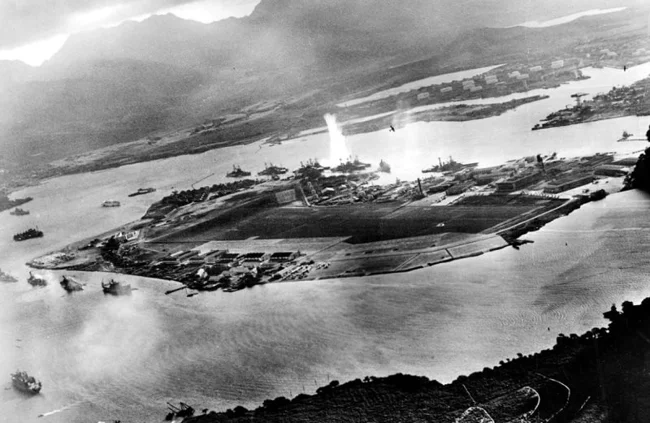
Radar operators in Hawaii spotted Japanese planes approaching on December 7, 1941, and reported them, but the warning was ignored.
25. Barack Obama publicly mocked Donald Trump's presidential ambitions 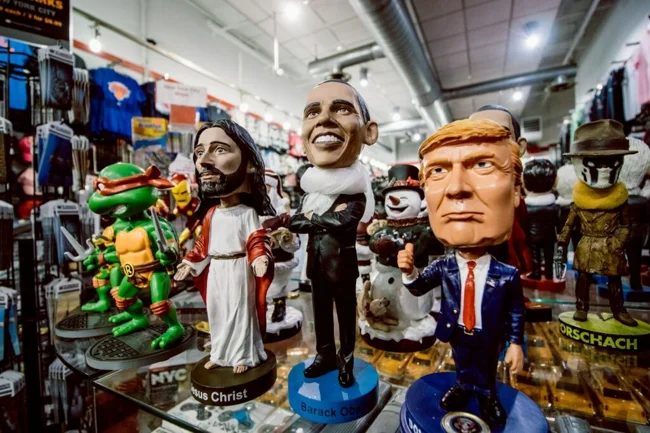
In 2011, at a dinner at the White House, actor and comedian Seth Meyers made a joke about Donald Trump. Barack Obama joined in the mockery. The billionaire listened to the jokes with a tense face. Probably, at that moment, he only became more determined to become president.



